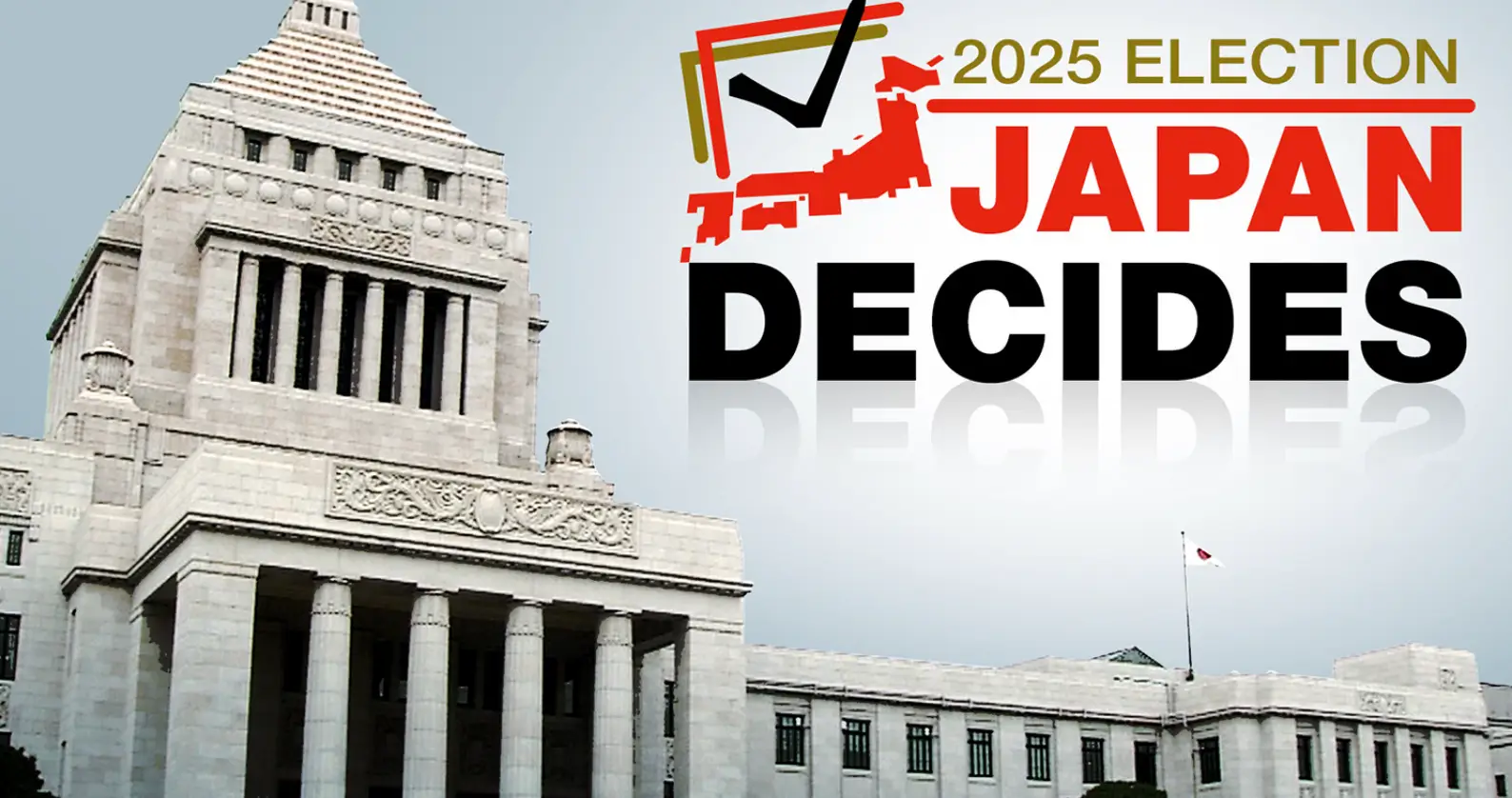A Pivotal Vote for the Nation’s Future
On July 20, Japanese voters will cast their ballots in one of the most consequential elections in recent memory. The outcome of the House of Councillors election—not only a regular exercise in democratic governance—could determine the political stability of Japan, reshape alliances, and influence the direction of both domestic and foreign policy at a time of increasing geopolitical uncertainty in East Asia.
Why This Election Matters
The House of Councillors, Japan’s upper chamber of the National Diet, holds 248 seats, with half (124) contested every three years. While it does not form the government, it plays a vital role in legislation, including the national budget and security policy. The ruling coalition —composed of the Liberal Democratic Party (LDP) and its junior partner, Kōmeitō—currently holds a slim upper house majority. To maintain it, they must win at least 50 of the 124 seats up for election.
Early polls and forecasts from outlets like Mainichi Shimbun and JNN suggest that the coalition is in a precarious position. The LDP is reportedly struggling to even reach 40 seats on its own. With around 40% of the electorate still undecided, the path to a stable majority remains uncertain—and open to dramatic last-minute shifts.
What’s at Stake: Scenarios and Consequences
If the LDP-Kōmeitō coalition fails to retain its majority, Japan could enter a period of profound political realignment. The possible implications include:
- Formation of a New Coalition Government
To retain control, the LDP and Kōmeitō may be forced to bring in third-party allies such as the Japan Restoration Party or the People’s Democratic Party of Japan, reshaping the governing coalition’s policy direction. - Weakened Policy Authority
Even without a formal loss of government, the ruling coalition may need to negotiate key legislative items with opposition parties, leading to diluted or delayed policies—especially in areas like defense, taxation, and energy. - Potential Leadership Shakeup
A weakened electoral result could prompt calls for Prime Minister Kishida’s resignation or even spark a broader leadership change within the LDP, leading to political instability at home and uncertainty abroad. - Impact on Foreign and Security Policy
A divided upper house could stall critical national security legislation, including increases in defense spending—a key issue amid growing tensions with China and North Korea. The U.S.-Japan alliance may also be tested, particularly during tariff and trade negotiations with Washington.
Regional Volatility Adds Pressure
Japan’s election comes at a time when its neighbors are also grappling with political turmoil:
- South Korea is in crisis following the impeachment of President Yoon Suk-yeol. Martial law declarations, a constitutional court ruling, and new elections have added to uncertainty in Seoul.
- Taiwan remains in a legislative deadlock after the ruling Democratic Progressive Party (DPP) lost its parliamentary majority, triggering recall campaigns and policy paralysis.
If Japan were to join this wave of instability, it could create a dangerous power vacuum in the region—one that China or North Korea might exploit, particularly in relation to Taiwan and the Korean Peninsula.
Policy Choices Before Voters
Each party is offering distinct visions for Japan’s future across three major areas:
1. Tax Policy
- Ruling Parties (LDP, Kōmeitō): Prefer maintaining or modestly lowering the consumption tax, with selective benefits to address inflation.
- Opposition Parties: Support reducing or eliminating the consumption tax, particularly on essentials like food.
2. Social Security and Cost of Living
- Across the political spectrum, there is broad agreement on enhancing pensions, medical care, childcare, and education. The differences lie in funding strategies and timelines.
3. Foreign Policy and Defense
- LDP, Kōmeitō, and Center-Right Parties: Emphasize strengthening defense capabilities and aligning with the U.S. Indo-Pacific strategy.
- Center-Left and Left-Wing Parties: Advocate “peace diplomacy,” oppose tax hikes for defense, and—in the case of the Communist Party—seek to abolish the U.S.-Japan Security Treaty.
A Defining Moment for Japan
As voters prepare to head to the polls, this election is more than a routine midterm. It is a referendum on Japan’s political direction, its economic resilience, and its role in a region facing mounting strategic challenges. Whether Japan chooses to reaffirm the current path or pivot toward new alliances and leadership, the results on July 20 will reverberate far beyond Tokyo.
Bottom Line: Japan stands at a crossroads. The House of Councillors election will determine not only parliamentary arithmetic but also the strength, credibility, and vision of Japan’s leadership in an increasingly unstable world.
Stay Ahead with Pacific Square!
Learn more about how Pacific Square can help you expand globally with clarity, confidence, and strategic precision.
If you’re a policymaker, business leader, or investor navigating the post-globalization economy, stay tuned and 🔔 Subscribe for future analysis.
